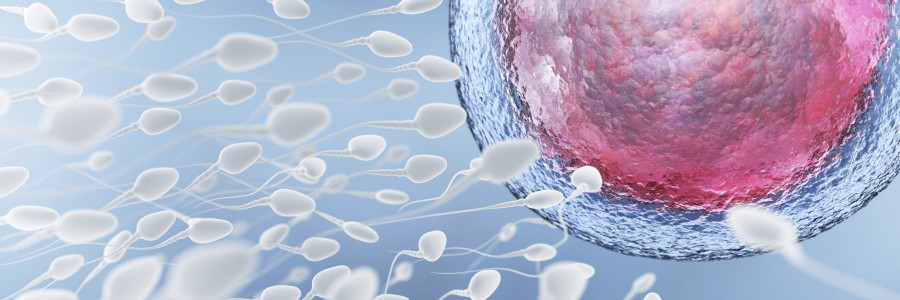Male Factor Infertility
Male patients are to be seen by a urologist to guide them as to when possible to increase their fertility potential. When natural conception is improbable the urologist together with the fertility specialist will guide the couple in Assisted Reproductive Technologies ( IVF/ ICSI).
Male infertility is analysed using a male clinical exam, blood tests, genetic tests and ultrasonography. Male fertility tests (semen analysis) form the core of the male factor analysis using the 2010 WHO criteria. Advice on such tests and subsequent interpretation are best done in the private setting of the urologist’s clinic.
One of the most distressing male factor problems is azoospermia which indicates no sperms in the seminal fluid. In such males around 50% can still have sperms that are trapped in the testicles and hence can be operated upon; their sperms then being used in ICSI which is a form of ART. Advice on other options available for males can also be liberally discussed.
Male fertility also encompasses preservation of sperm in males prior to undergoing cancer treatment. Chemotherapy and radiotherapy may reduce the fertility potential and hence it is advisable for these males to cryopreserve (freeze) their sperm for possible future use.
Other urological areas include sexual problems such as erectile dysfunction and premature ejaculation. Both are common, distressing but treatable conditions that should be discussed openly with a urologist.
Other services offered in the urology clinic are prostate cancer screening, urinary problems and kidney stones.


